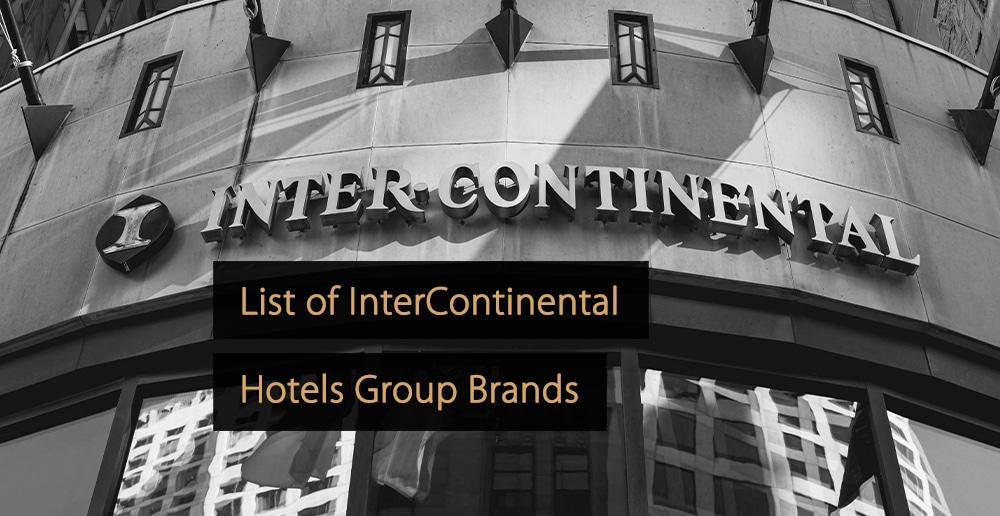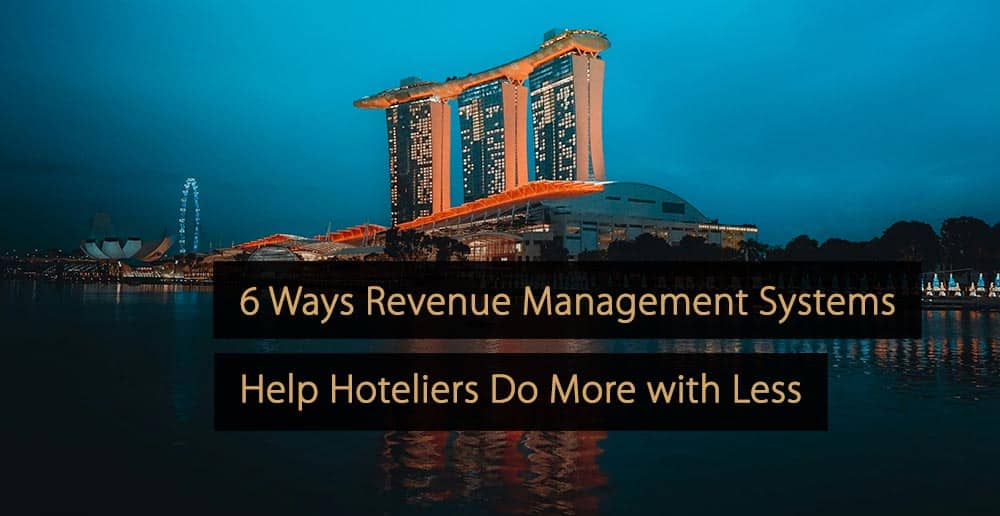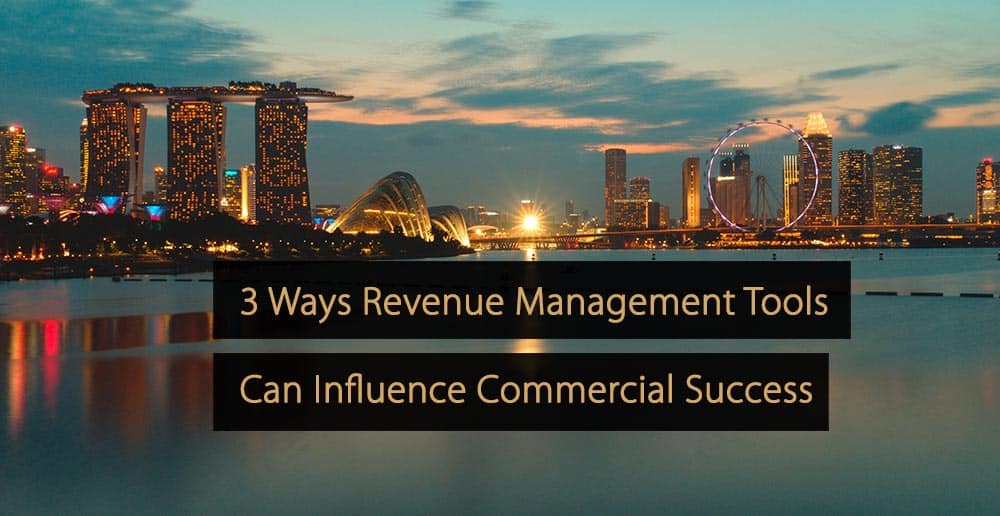IHG Hotel Brands: List of InterContinental Hotels Group Brands
IHG Hotel Brands (InterContinental Hotels Group) encompass various hospitality options within over one hundred different countries. Because of its significance, as you learn about IHG you learn about the larger hotel ecosystem as a whole. Understanding the IHG hotel brand is especially important because of its wide reach. The full scope of the IHG encompasses such important and diverse options as the Regent, Crowne Plaza, Holiday Inn, and much more. In this article, you'll learn
Maximize Your Venue Sales: 5 Proven Strategies for Success
In the highly competitive hospitality sector, venues must continually innovate to attract and retain clients. By adopting a strategic approach that caters to diverse client needs and streamlines operations, venues can enhance their market position and drive sales. This article delves into five effective strategies that incorporate industry insights, aiming to maximize your venue's potential. 1. Establish a Comprehensive Online Presence To effectively capture and convert leads, venues must offer an extensive array of event
6 Ways Revenue Management Systems Help Hoteliers Do More with Less
Most independent hoteliers are used to juggling more with less dedicated resources, but effective revenue management—and the tools that enable it—should not be written off as exclusively a "big brand" or "large hotel" concern. What Is a Revenue Management System? Among the technologies typically used by hoteliers, revenue management systems (RMS) are uniquely positioned to have an outsized impact on the ways hotels operate. At their best, they enable informed decision-making that ensures optimal business
How Integrated Payments Elevate Hotel Revenue and Efficiency
For hoteliers, making payments effortless and secure is essential to maintaining a positive guest experience and operational efficiency. Integrated payment solutions connect your payment gateway to your other hospitality software, providing a frictionless transaction experience that helps hotels boost revenue and streamline operations. Integrated Vs. Non-Integrated Payment Solutions The differences between using an integrated payment solution and a non-integrated one may not seem obvious at first. However, opting to use a non-integrated system can result
High Quality Tea Used by Luxury Hotels
Tea in luxury hotels feels special. It is an experience, crafted with the same precision as fine dining or wine service. Every detail, from leaf grade to water chemistry, is calculated to deliver clarity, balance, and depth. At home, most people settle for dusty bags and guesswork, missing what makes tea truly exceptional. The good news is, you don’t need a hotel to enjoy hotel-quality tea. This guide shows you what to look for and how to brew it right, so every cup at home feels five-star. Hotel-Level Tea, At Home: A Dense Guide That Saves Time Imagine this: you
Broadened Horizons: 3 Ways Revenue Management Tools Can Influence Commercial Success
If you think of revenue management tools as solely a means for rolling out dynamic pricing strategies and making the most out of the demand for your property’s room inventory, it’s time to challenge that assumption. While these tried-and-true capabilities are a staple at most hotels, today’s advanced revenue management systems are making great strides in breaking down the barriers between sales, revenue management, and marketing - and all to the benefit of hoteliers’ bottom
Hotel Invoice Guide: Essential Tips & Best Practices for Hotel Professionals
A hotel invoice is a document presented to guests at the end of their stay, breaking down the charges they have incurred. This can include the room rate, additional services they used, taxes and more. Hotel invoices are essential for maintaining accurate financial records and providing guests with a transparent overview of charges. They can assist with compliance, preventing disputes and helping you to understand revenue patterns. In this article, you can explore the main
Hotel Check-in Timing and Process Explained
Hotel check-in timing refers to when guests can check into a room or check out after their stay. It's often best to consider it as a window where staff and guests can align their needs. The timing is important to guests because it can limit or control their schedule. At
21 Hot Digital Trends in the Tourism Industry to Explore in 2026
The tourism industry is constantly evolving as new digital technology emerges. In this article, we explore some of the digital trends that are going to be most significant in the industry throughout the next year: from virtual reality, which is changing the booking process, to augmented reality, which is enhancing
Can Metrics from Other Industries Bring Value to Hospitality?
Question for Our Revenue Management Expert Panel: Is there value to be had in introducing metrics from other industries into hospitality? Do you think they have a place in Hotel Revenue Management? (Question by Pablo Torres) Our Revenue Management Expert Panel Pablo Torres











